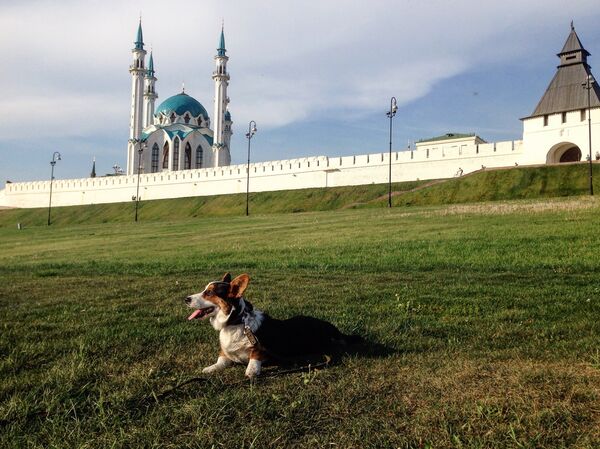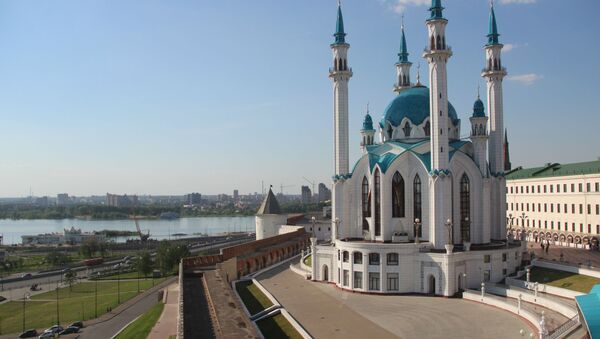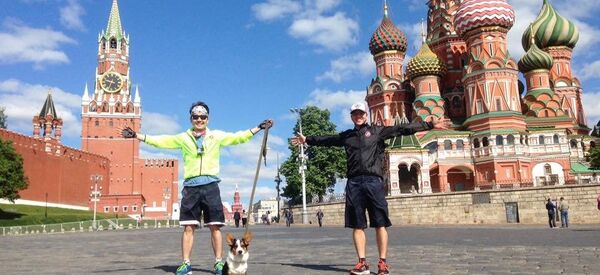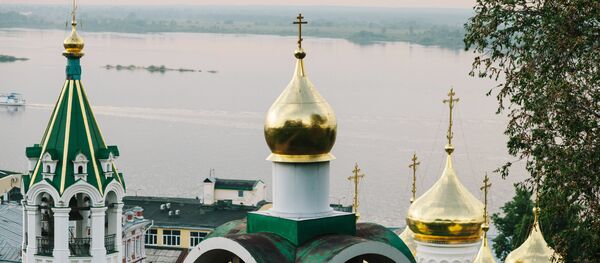Kazan, the capital of the Tatar Republic, is considered the third capital of Russia [after Moscow and St. Petersburg] and is the economic and cultural center of the entire Volga Region.
Kazan is over 1,000-years old, which makes it one of Russia’s oldest cities. The city was named after the Bulgar word kazan, which means a large cooking pot. According to a legend, one of the ancient Bulgar kings was running to safety from a Mongol army and decided to stop at a bank of the Volga River. As his servant went to the river to get some water in a cooking pot, he dropped the kazan while trying to climb the bank, sending the pot back into the river.
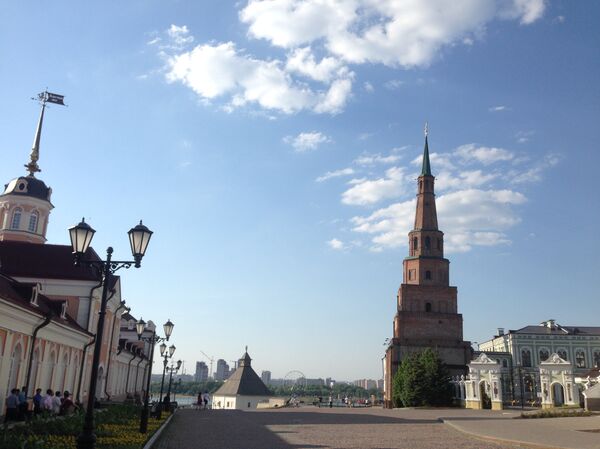
The king thought it was a good omen from ancient Bulgar spirits who wanted him to stay in the area. Subsequently, the king founded a fortress near the place where the cooking pot fell down to the river and named it Kazan.
Tatarstan is arguably one of the most culturally distinct and fascinating regions within the Russian Federation.
Tatar is widely spoken across Tatarstan, especially in rural areas, where it’s pretty much the lingua franca. People in big cities, however, such as Kazan and Naberezhnye Chelny, converse fluently in both languages.
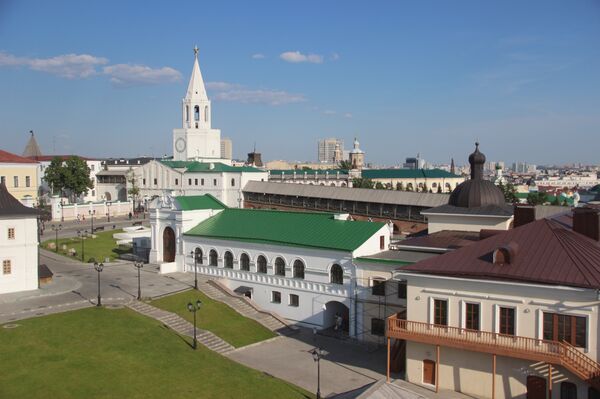
Kazan is a place where Muslims and Christians, the two main religious groups, as well as over 100 ethnic groups live in harmony and peace with each other. The diversity of religion and multiculturalism of the city is one of the key features of Kazan.
The grand Tatar mosque, Qol Sarif, located in the middle of the Kazan Kremlin, stands not far from an Orthodox Church and a Jewish synagogue in a nearby district.
“It’s fascinating. Where else in the world could you see mosques and churches standing beside each other and people living in peace?” – local resident Guzel Khabibrakhmanova told me over a cup of tea.
Indeed, I could definitely feel the air of respect and acceptance in the city. Different ethno-cultural groups live beside each other and get to know each other’s culture and customs.
The Tatars are very proud of their own culture and language; at the same time, however, I felt that they’re very accepting of others and their culture – a healthy balance between loving oneself and embracing others.
“I’m a Tatar, and I’m very proud about it. At the same time, I have a Russian soul and I speak Russian. I live in Kazan, but I also consider Russia as my homeland,” Guzel said, when explaining her dual identity.
Our conversation turned into a long discussion of how a simple and seemingly a natural thing like the dual / multiple identity is exploited by certain individuals who turned it into a stumbling block that destroyed entire societies, from Yugoslavia to Ukraine and Syria.
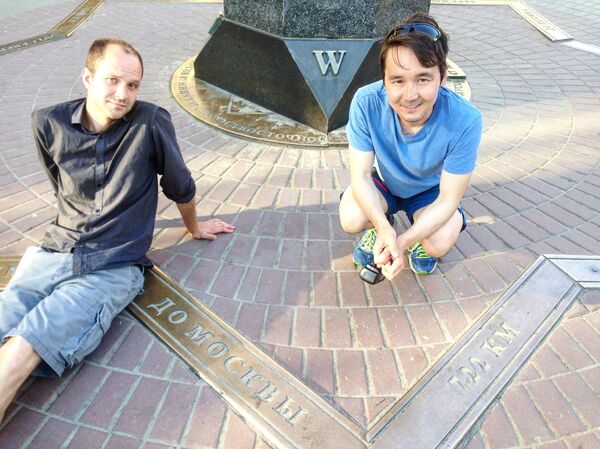
Kazan and the Tatar Republic in general are be a perfect example for the development of multiculturalism and federalism. With over a hundred different ethnic groups living in peace and two major religions coexisting in harmony, others could definitely learn a thing or two from Tatarstan.
The views expressed in this article are solely those of the author and do not necessarily reflect the official position of Sputnik.
